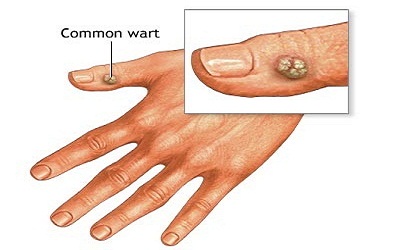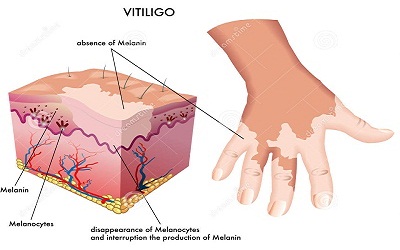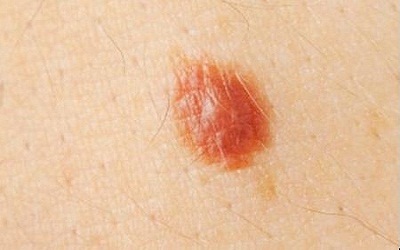Skin Defects Plastic Surgery in Kolkata can address various skin defects, providing both functional and aesthetic improvements. Here are some common skin defects that plastic surgery can help with:
- Scars: Plastic surgeons can perform scar revision procedures to minimize the appearance of scars resulting from injuries, surgeries, or acne. Techniques such as laser therapy, dermabrasion, or surgical revision may be used depending on the type and severity of the scar.
- Birthmarks: Certain types of birthmarks, such as hemangiomas or port-wine stains, can be treated with laser therapy or surgical excision to reduce their appearance or completely remove them.
- Skin Lesions: Benign or malignant skin lesions, such as moles, cysts, or skin cancers, can be removed through surgical excision or Mohs surgery, a specialized technique for skin cancer removal that aims to preserve as much healthy tissue as possible.
- Burns: Plastic surgeons often play a crucial role in treating burn injuries, from acute management to long-term reconstruction. Skin grafts, tissue expansion, and scar revision surgeries are some of the techniques used to restore function and improve the appearance of burned skin.
- Wrinkles and Aging Signs: Procedures like facelifts, brow lifts, and eyelid surgery (blepharoplasty) can address signs of aging by tightening sagging skin, smoothing wrinkles, and restoring youthful contours to the face and neck.
- Acne Scarring: Severe acne can leave behind permanent scars. Plastic surgeons can utilize various techniques, such as laser resurfacing, chemical peels, or microneedling, to improve the appearance of acne scars and promote smoother skin texture.
- Vascular Lesions: Conditions like spider veins or varicose veins can be treated with sclerotherapy or laser therapy to minimize their appearance or alleviate associated symptoms.
It’s essential to consult with a board-certified plastic surgeon to discuss your specific concerns and goals for Skin Defects Plastic Surgery in Kolkata. They can evaluate your condition and recommend the most appropriate treatment options tailored to your needs. Additionally, they will provide guidance on the risks, benefits, and potential outcomes associated with each procedure.


